Three Options for Water Heater Installation
Most water heaters last about 10 years and are expensive enough that most people can’t swap them out without financially planning ahead. Homeowners will have to live awhile with whatever they decide. When a water heater finally fails, it can force homeowners to make big decisions more quickly than they would like.
For these reasons, it's a good idea to understand the options for water heaters before an emergency occurs. Here are three decisions that homeowners must make when considering water heater installation, along with the pros and cons of each.
Gas Water Heater
 Gas water heaters are a common choice for heating water in the home. In fact, they are the most-installed type of storage water heater across the US. A gas water heater has a large tank that holds water.
Gas water heaters are a common choice for heating water in the home. In fact, they are the most-installed type of storage water heater across the US. A gas water heater has a large tank that holds water.
A powerful burner heats the water in the tank to a certain setpoint to be ready for use. Because these burners produce so much heat, a gas water heater can recover its temperature more quickly when the demand for hot water increases. More hot water is available, and people in the family will have to wait less time for the tank to heat up when hot water is depleted.
One of the main drawbacks of gas water heaters is the danger. Natural gas can be hazardous, and some homeowners don’t want to take the risk. Gas water heaters are also generally more short-lived than other options. While they are cheaper to operate month to month, savvy homeowners may look to save money long-term with a longer-lasting option.
Electric Water Heater
The second most popular choice for water heaters is electric storage water heaters. These are often found in homes that are only powered by electricity, so the builders don’t have to install natural gas or propane infrastructure. This can save money on the construction cost of the home, but it also increases the cost of monthly electricity bills because the heating elements in the water tank of an electric water heater consume so much power.
Because the heating elements heat the water more slowly, the water heater's total capacity will be less. However, this reduces the tank's expansion and contraction cycles, reducing overall wear and tear and improving longevity.
Tankless Water Heater
 The latest development in hot water technology is the tankless water heater. This type of heater doesn’t have a tank to store heated water. Instead, it relies on powerful burners or heating elements to produce hot water as needed.
The latest development in hot water technology is the tankless water heater. This type of heater doesn’t have a tank to store heated water. Instead, it relies on powerful burners or heating elements to produce hot water as needed.
Flow sensors within the unit can detect when hot water is needed and cycle the burners on immediately. The burners will continue to operate until demand ceases, meaning they can produce endless hot water.
While tankless water heaters cost more upfront, they can lower the cost of producing hot water by up to 30%. This saves money while giving homes more access to hot water exactly when needed. Additionally, tankless water heaters have longer lifespans than storage water heaters.
About Apple Valley Plumbing Company
Apple Valley Plumbing Company can help homeowners choose the perfect water heater for their needs. Whether it’s for water heater replacement or a new construction, they help homeowners carefully consider their options. Call today for water heater services in Apple Valley, MN.
Distribution Links +
- lifestyle.mykmlk.com
- lifestyle.thepodcastpark.com
- michigan.yournewsnet.com
- lifestyle.current943.com
- lifestyle.thedam.fm
- lifestyle.hotcountry931.com
- lifestyle.all80sz1063.com
- austin.newsnetmedia.com
- fresno.newsnetmedia.com
- sanantonio.newsnetmedia.com
- northeast.newschannelnebraska.com
- lifestyle.easthanoverflorhamparklife.com
- lifestyle.sanclementejournal.com
- lifestyle.poolermagazine.com
- lifestyle.newarklifemagazine.com
- https://smb.atmoreadvance.com
- https://smb.amnews.com
- https://smb.austindailyherald.com
- https://smb.americanpress.com
- https://smb.dailyleader.com
- https://smb.oxfordeagle.com
- https://smb.vicksburgpost.com
- https://smb.bluegrasslive.com
- https://smb.claiborneprogress.net
- https://smb.clantonadvertiser.com
- https://smb.brewtonstandard.com
- https://smb.demopolistimes.com
- https://smb.elizabethton.com
- https://smb.greenvilleadvocate.com
- https://smb.jessaminejournal.com
- https://smb.kenbridgevictoriadispatch.com
- https://smb.leaderpub.com
- https://smb.luvernejournal.com
- https://smb.selmatimesjournal.com
- https://smb.thesnaponline.com
- https://smb.troymessenger.com
- https://smb.windsorweekly.com
- https://smb.clemmonscourier.net
- https://smb.gatescountyindex.com
- https://smb.harlandaily.com
- https://smb.irontontribune.com
- https://smb.ourdavie.com
- https://smb.state-journal.com
- https://smb.thecharlottegazette.com
- https://smb.thecoastlandtimes.com
- https://smb.theinteriorjournal.com
- https://smb.thetidewaternews.com
- https://smb.tryondailybulletin.com
- https://smb.winchestersun.com
- https://smb.farmvilleherald.com

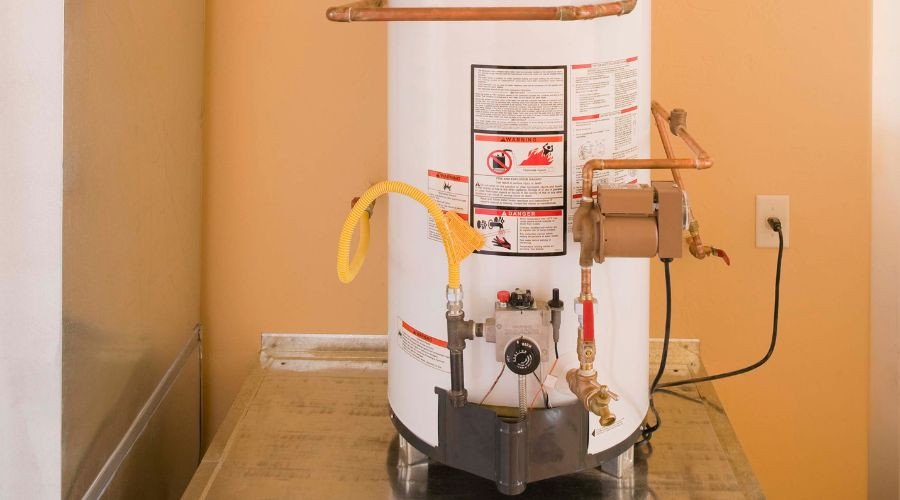
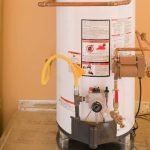

 Some
Some 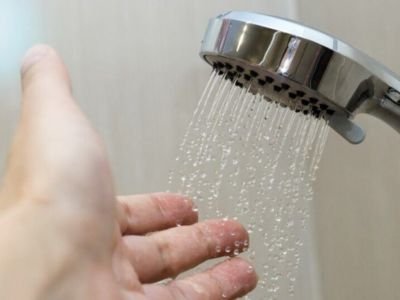 When there isn’t as much hot water as there should be or none at all, there is a problem. Water heaters have a specific capacity or output. With a tank water heater or storage water heater, the water will be heated, and the tank will be filled and stored for use. A tankless water heater will immediately heat and release water for a specified output.
When there isn’t as much hot water as there should be or none at all, there is a problem. Water heaters have a specific capacity or output. With a tank water heater or storage water heater, the water will be heated, and the tank will be filled and stored for use. A tankless water heater will immediately heat and release water for a specified output. 

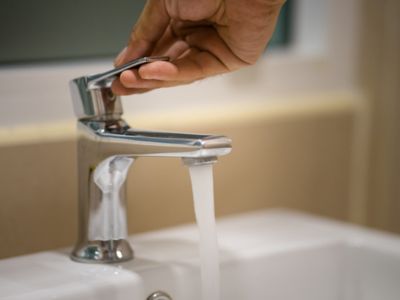 There’s no controlling the weather, but the household largely influences outdoor
There’s no controlling the weather, but the household largely influences outdoor 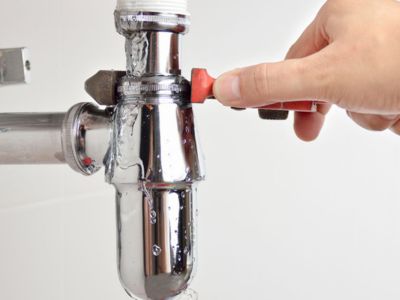 Many homeowners make the mistake of delaying plumbing repairs. While this does save money upfront,
Many homeowners make the mistake of delaying plumbing repairs. While this does save money upfront, 
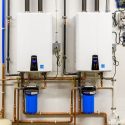
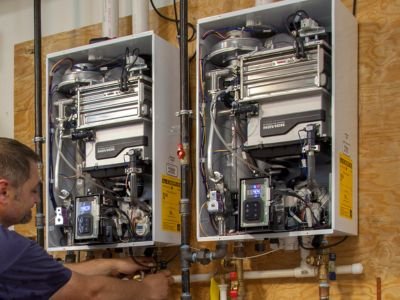 The principal difference between tankless water heaters and their traditional counterparts is the absence of a large holding tank. Instead, they use burners to rapidly heat water as it runs through a heat exchanger, delivering it around the house without storing it in a tank. This on-demand heating mechanism ensures a constant hot water supply, eliminating the need to wait for a storage tank to fill up.
The principal difference between tankless water heaters and their traditional counterparts is the absence of a large holding tank. Instead, they use burners to rapidly heat water as it runs through a heat exchanger, delivering it around the house without storing it in a tank. This on-demand heating mechanism ensures a constant hot water supply, eliminating the need to wait for a storage tank to fill up.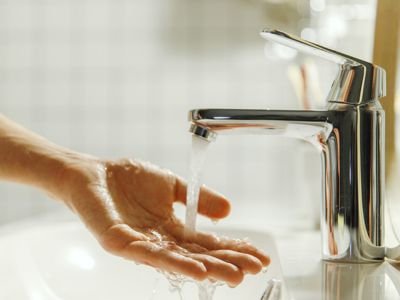 Tankless water heaters function based on a straightforward yet effective process. When a hot water tap is turned on, cold water travels through a pipe into the heater. A flow sensor activates the burner, which heats either a gas burner or an electric element, heating the water. The hot water then travels along the piping system to the desired location. Once the hot water tap is closed, the unit shuts down, thus conserving energy.
Tankless water heaters function based on a straightforward yet effective process. When a hot water tap is turned on, cold water travels through a pipe into the heater. A flow sensor activates the burner, which heats either a gas burner or an electric element, heating the water. The hot water then travels along the piping system to the desired location. Once the hot water tap is closed, the unit shuts down, thus conserving energy.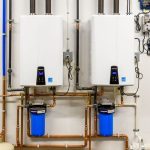

 To start figuring out the cause of low water pressure, start by testing the pressure of the hot and cold water separately. Turn the cold water on and observe the flow, then cut off the cold and observe the hot water at full pressure. In most homes, the hot water will have slightly less pressure due to how hot water flows through pipes, but the difference should be barely noticeable. If a dramatic pressure drop is observed, look for root causes like:
To start figuring out the cause of low water pressure, start by testing the pressure of the hot and cold water separately. Turn the cold water on and observe the flow, then cut off the cold and observe the hot water at full pressure. In most homes, the hot water will have slightly less pressure due to how hot water flows through pipes, but the difference should be barely noticeable. If a dramatic pressure drop is observed, look for root causes like: 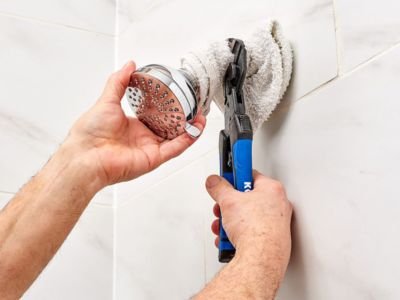 Every home has to deal with dissolved minerals in the water. In some cases, these
Every home has to deal with dissolved minerals in the water. In some cases, these 
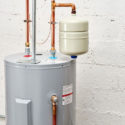

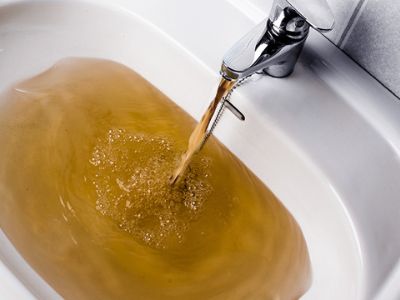
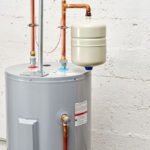



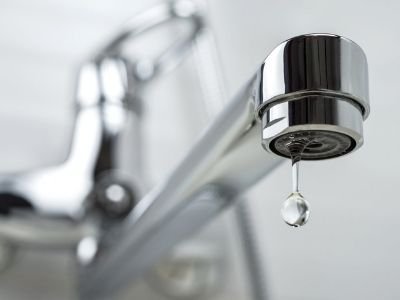






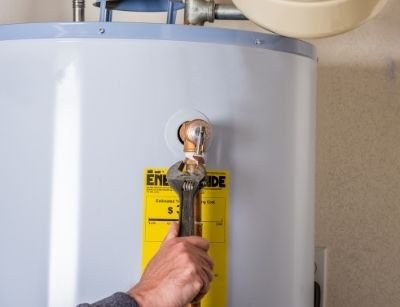

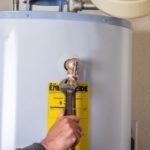



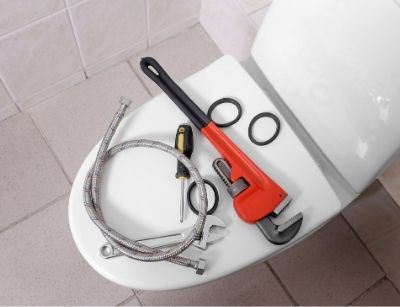




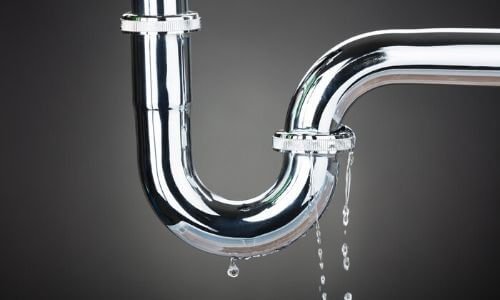
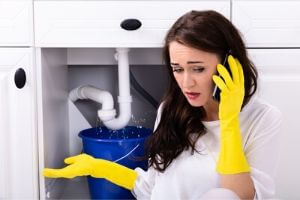 A leak occurs any time water is allowed outside of your plumbing system unintentionally. Leaks can happen in freshwater lines, drains, appliances, fixtures, and sewers. Some
A leak occurs any time water is allowed outside of your plumbing system unintentionally. Leaks can happen in freshwater lines, drains, appliances, fixtures, and sewers. Some  Luckily, there are steps you can take to
Luckily, there are steps you can take to 



